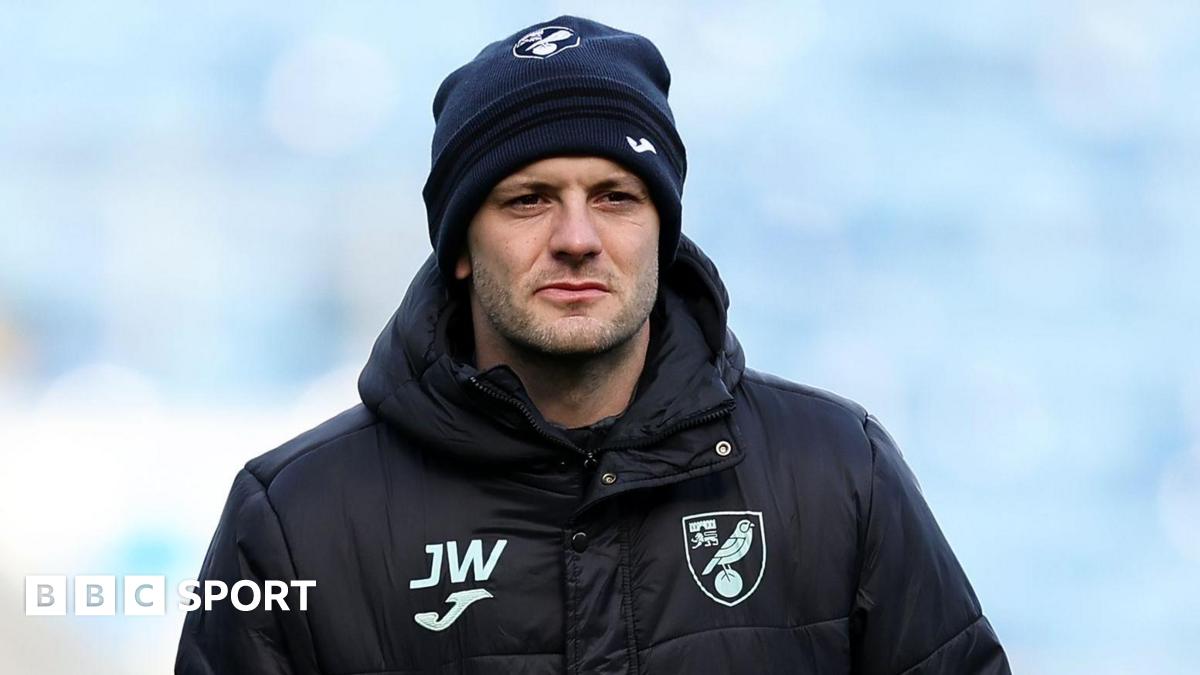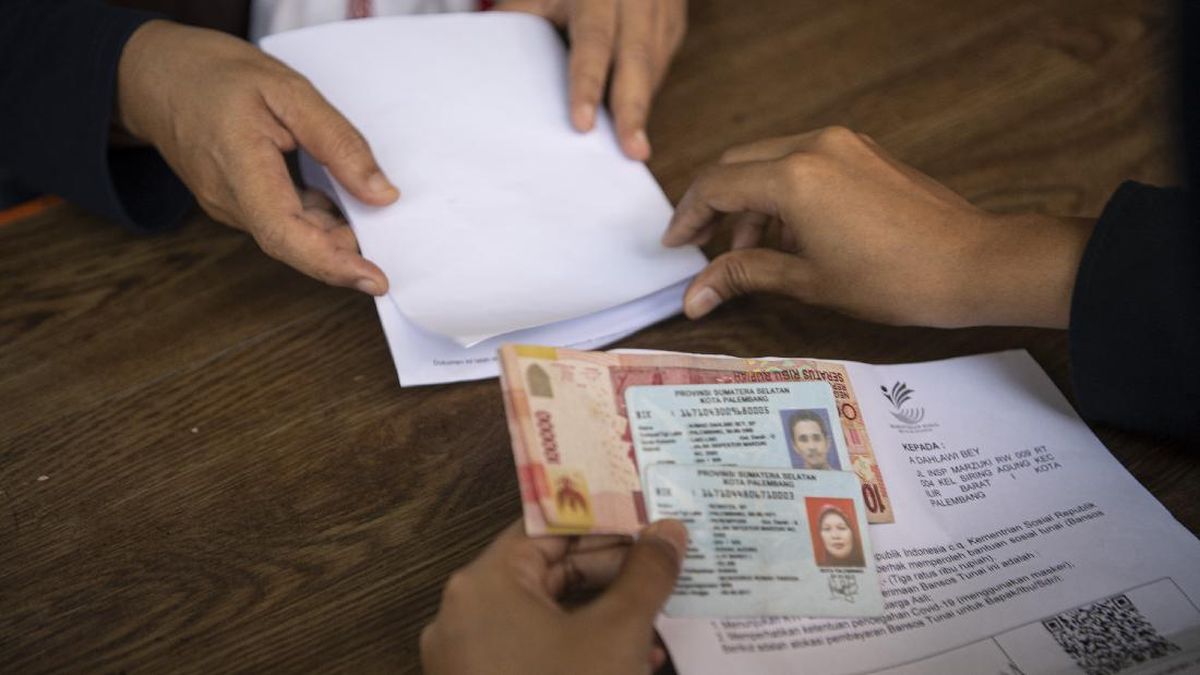“My ex-boyfriend is here and he’s trying to kill me”.
These were the first alleged words spoken by 34-year-old Tatiana Dokhotaru in a desperate triple zero call for help moments before her former partner is accused of throwing her phone off her balcony and murdering her.

Tatiana Dokhotaru was found dead in her Liverpool unit in May 2023.
In that 89-second call, played to the jury as the NSW Supreme Court murder trial began against 28-year-old Danny Zayat on Monday, Dokhotaru is allegedly heard telling emergency services Zayat was stealing her money and bashing her.
In his opening remarks, Crown Prosecutor Alex Morris said the jury will hear evidence that Zayat “took the mobile phone from her, ended the phone call and shortly after threw her phone over the balcony … with her phone never to be found again”. He said CCTV footage will show her phone flying off the balcony as well as Zayat leaving the building, holding what was submitted to be money he stole from the apartment.
The Crown’s case is that Zayat killed Dokhotaru in her 22nd floor apartment in Liverpool in Sydney’s west between 10.35pm and 11.40pm on May 26, 2023, either solely by inflicting one or more blows to her head or in combination with a head impact from a fall.
He told the court it was done “with an intention either to kill or inflict really serious bodily injury”.

Danny Zayat and Tatiana Dokhotaru.
The court heard that Dokhotaru sold luxury goods via Instagram and ran a tanning solarium business from her apartment, while Zayat ran a concreting business.
Morris said by May of 2021, their relationship had become dysfunctional, with Zayat having a tendency “to become physically violent and verbally abusive”.
In July 2022, Dokhotaru allegedly spent time in Canada with her family and returned to live with Zayat on their rented semi-rural property. But their relationship continued its downward spiral and they separated four months later, with Dokhotaru moving into the Liverpool apartment where she later died.
They attempted to reconcile several times after the separation, but Zayat allegedly continued to be violent.
“You will hear evidence about a number of specific incidents, including an incident in April of 2023 where it’s alleged Dokhotaru told some friends about being dragged by the hair and spat on by the accused, and that she went to phone the police and the accused threatened to kill her as she did,” Morris said.
The Crown’s case is that in Dokhotaru’s final days, Zayat physically attacked her again, before spending her final nights sleeping at her apartment.
At the time, there was an apprehended domestic violence order (ADVO) in place to protect Dokhotaru from Zayat, which allowed them to spend time together but restricted Zayat’s behaviour.
The Crown submitted these version of events occurred on the night of the alleged murder: Zayat had left Dokhotaru’s apartment when she invited over a friend. They shared an Uber Eats meal and wine. Another friend came over shortly after 8pm and used the home solarium, leaving less than an hour later. That friend said she would message Dokhotaru two days later.
“During the course of the evening, Dokhotaru messaged the accused, including telling him she missed him and was in pain,” Morris said. “The pain... related to the injuries the Crown says were caused by the accused.”
Morris submitted Dokhotaru called Zayat, who arrived at her apartment at about 10:34pm.
The Crown submitted that about an hour later, two neighbours heard loud banging as well as a man and woman shouting from within the unit. The court heard that at 11.36pm, Dokhotaru made the short triple zero call – and she was reportedly never heard from again.
The Crown alleged Zayat made several phone calls and visited a friend for a short time before returning to Dokhotaru’s apartment at 2.20am, but was locked out of the building. At around the same time, police attended the unit in response to Dokhotaru’s earlier triple zero call but did not know which unit to enter as she did not provide a number, the court heard.
Zayat allegedly returned to his parents’ house where he lived and made an unanswered call to Dokhotaru’s phone shortly before 8.50am.
That evening, Morris submitted, Zayat returned to the unit with his mother, but they left after again being unable to get inside the complex.
Zayat’s next attempt to gain entry, made at about 8pm, was successful after he told another resident he’d forgotten his key, Morris said.
The jury was told he was heard screaming and called triple zero, telling the operator Dokhotaru had been taking “pills” recently and that he arrived to find her dead. When paramedics arrived, Zayat was performing CPR, and they told him to move so they could assess her. They determined she was dead.
A post-mortem examination determined Dokhotaru died from blunt force injury to her head. Zayat was arrested three months later.
Morris told the jury that if they do not find Zayat guilty of murder, they should consider the alternative charge of manslaughter.
In her opening address, defence solicitor Madeleine Avenell SC said “a lot of circumstances” and what many of the estimated 40 witnesses will say will not be in dispute, but what will be challenged is what happened within the hour or so when Zayat was at Dokhotaru’s apartment on the night she died.
“What is in dispute is that anything he did to her that day – if you find that something was done – was done on his part with an intent to cause grievous bodily harm or an intent to kill her”.
The trial before Justice Desmond Fagan is expected to last 20 days.
The Morning Edition newsletter is our guide to the day’s most important and interesting stories, analysis and insights. Sign up here.
Most Viewed in National
Loading


















































